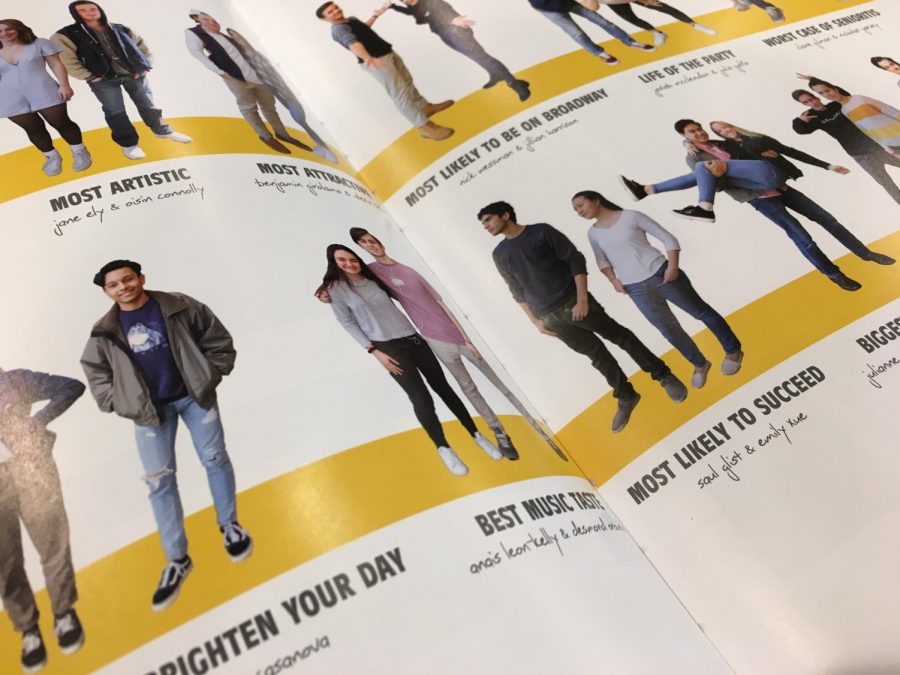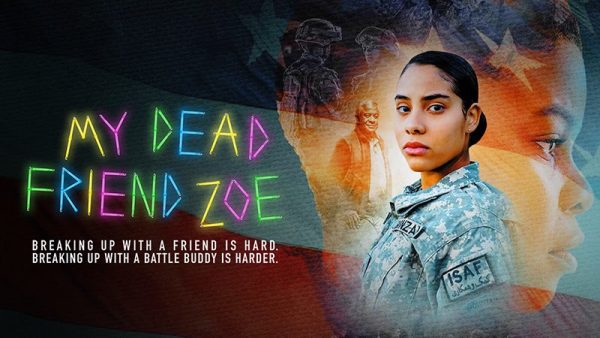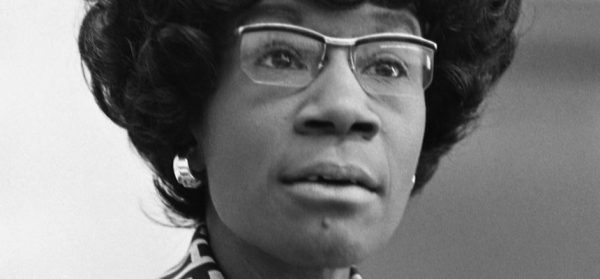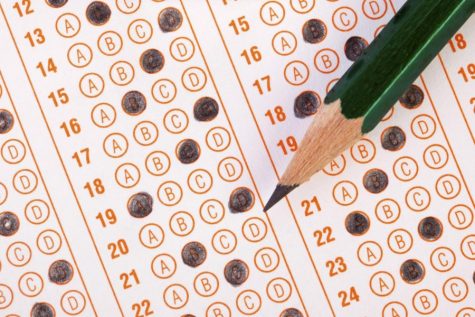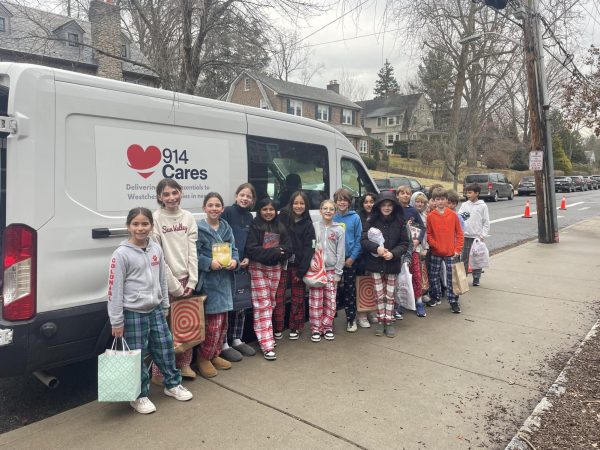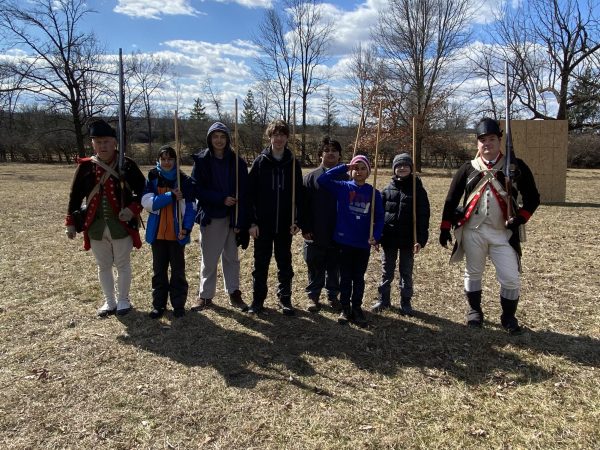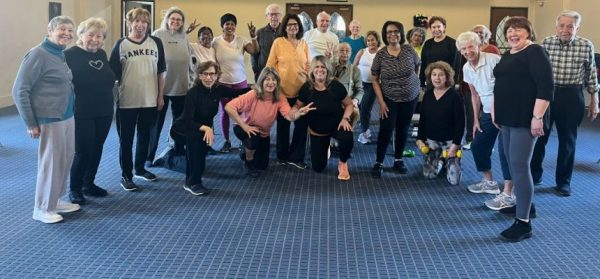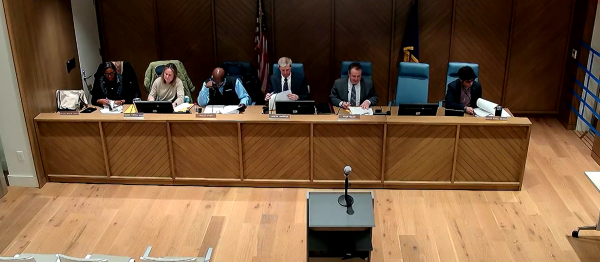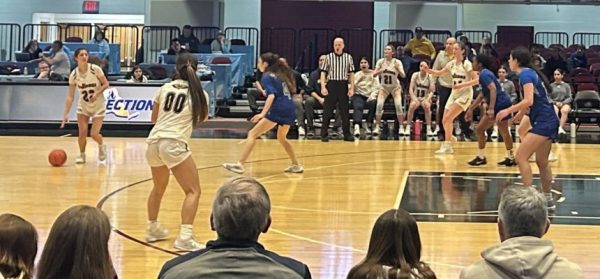PMHS senior superlatives – time travel for our future selves
I’ve discovered there’s a behavioral pattern for most people after they receive a yearbook and take it home that can be summarized in three steps.
First, I open that puppy up. Don’t you want to feel those glossy pages on your fingertips? Immediately after I get my yearbook in my hands, I start flipping through the pages. I find my yearbook picture first. Then, I go straight to the index to look for my name. Frantically, I tear through the book looking for each page I’m featured on. Did I really say that about National Honors Society? What was I thinking with that outfit? I don’t remember being in Star Trek Appreciation club!
Then, after admiring my fame, I move onto looking through the yearbook page-by-page, meandering through each spread with no set destination. This step includes a casual observation of the senior superlatives. My thought process generally goes something like, “Oh, the superlatives! Wow, they definitely deserved ‘Best to Take Home to Mom.’ So sweet! Whoa, ‘Most Successful’ is accurate. They are both so smart! Ha! Didn’t realize he was a bad driver!” After about 15 minutes of this, I get bored and leave the yearbook in some random nook of my house.
Finally, I forget about the yearbook. I will not think of that personalized coffee table book for months, at least until some random person or event pops up into my head and I feel the need to do further research.
To me, a yearbook is a database for the school. Just as you might use your house’s dictionary every couple of months to look up a word, I flip open my trusty yearbook every once in a while when I want to see just how bad that one picture of me was. The yearbook stores the most important memories from each school year.
It would make sense, then, to have senior superlatives in the yearbook. Without superlatives, a yearbook is just glorified portrait photography. Without superlatives, there is no context to who people actually were in high school. Sure, there are pictures for clubs and sports and some pieces that delve into detail about one particular person, but superlatives are the most instantaneous and effective way to depict many people’s personalities.
These superlatives will be the most helpful to us later in life when the memories of high school are faded in our minds and we have a certain nostalgia for this time in our lives that we don’t have now. In ten years, I can guarantee that I will no longer remember a lot of the personalities of people that I used to have classes with every day.
Looking at a yearbook without superlatives won’t help me remember much about people except for the activities they were involved in and how they looked. When I see someone won the “Biggest Heart,” a trove of memories about that person and my high school experience reappear that I wouldn’t have been able to access unprompted.
Reminiscing on one memory leads to the next, and soon I will have a whole store of recollections that I didn’t have before. While this may seem unnecessary now, I think that it would be unfortunate to lose a big chunk of my time in high school, an extremely important and developmental period. Superlatives allow us the luxury of reflecting on the past.
As to the argument against superlatives because of the potential to hurt feelings, refer back to my handy behavioral pattern list. While the yearbook is new, people only look at the superlatives for a quick glance – no one is studying it to understand the psychology of each student.
Just because someone wasn’t voted as “Most Likely to Become a Scientist,” doesn’t mean that they aren’t scientific or can’t become a scientist. Voting for superlatives is subjective. There’s no right or wrong. You know yourself better than the people voting and it’s important to keep that in mind. If you are voted for something you don’t want, know that it wasn’t out of malice. The fact that people thought to write you down for a superlative could even be seen as a form of flattery, they want you to have the spotlight for something they viewed was an interesting part of your personality.
In terms of writing the topics for the superlatives, I will keep my advice simple. Use common sense. Obviously, someone will be upset if they are voted for “Messiest Hair,” or “Most Likely to Drop Out of College.” While some superlatives can seem like a harmless joke, it’s important for the makers of the yearbook to ask for a second opinion to make sure nothing could be taken as offensive. Or, in these tricky superlative topics, ask the winner if they really want to have that superlative. If not, defer to the runner-up, and so on.
Superlatives are a chance for everyone to get a say on what’s written in the yearbook, and can be used as an interesting reflection of the past to see how students were viewed in their time in high school. Let’s look at superlatives for what they truly are: a tool for future reminiscence of a unique and important time of our past.
PMHS senior Julia Plourde participated in the election of senior superlative winners this November. A counter-argument against superlatives can be found here.
Julia Plourde is a senior at Pelham Memorial High School. She is involved in Science Olympiad, Habitat for Humanity, Model U.N., and the PMHS concert chorus....



